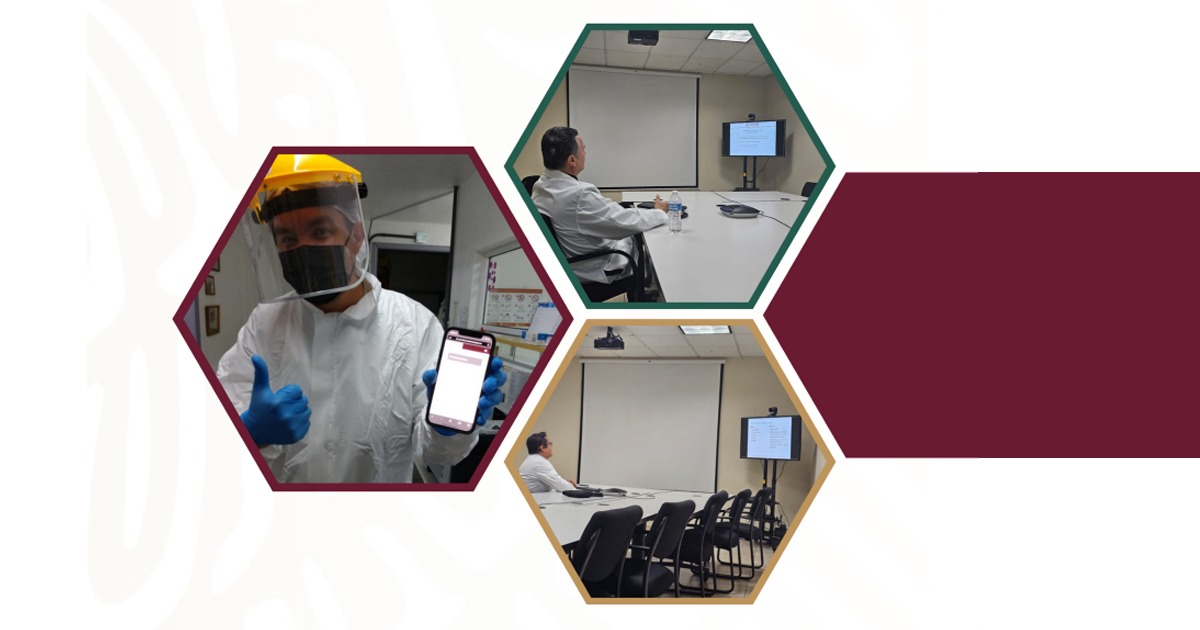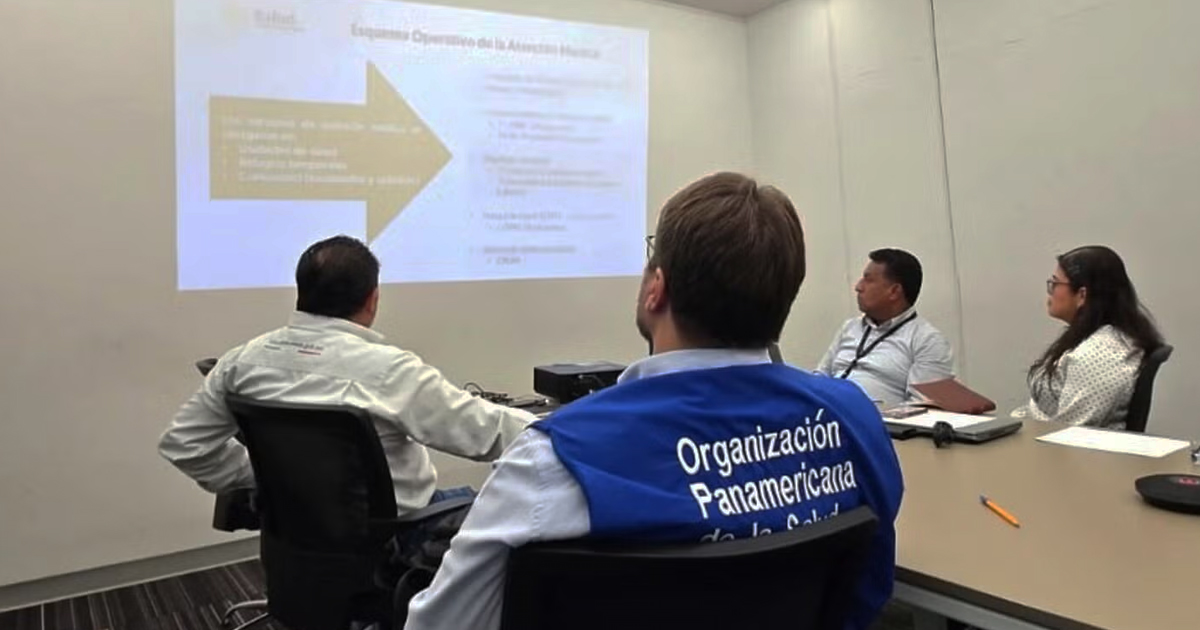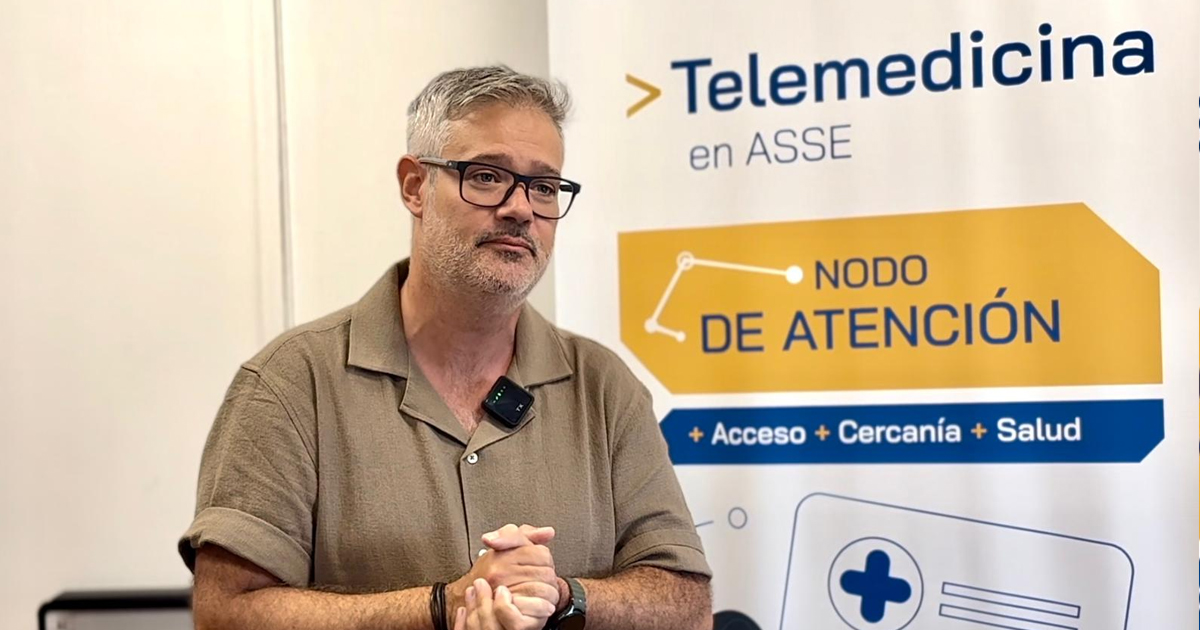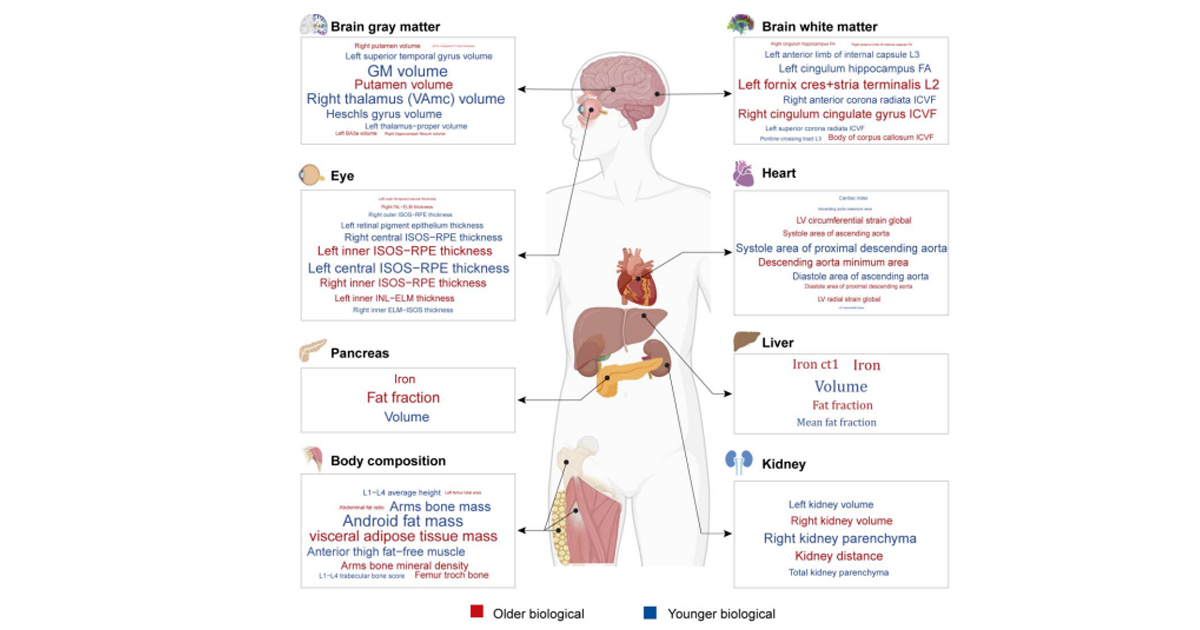Como parte del evento SEMPESq llevado a cabo en noviembre en Brasil por el Centro Universitario Tiradentes, se dio a conocer un estudio sobre la promoción de la salud en el paciente oncológico
The telemedicine en la promoción de la salud del paciente oncológico, se titula el reporte de investigación publicado por el Centro Universitario Tiradentes. En este estudio realizaron una revisión bibliográfica integrativa sin restricción lingüística de literatura publicada los últimos cinco años sobre los temas “Telemedicine” y “promoción de la salud”.
Los investigadores definieron la telemedicine como “la prestación de asistencia sanitaria a distancia, utilizando herramientas de telecomunicaciones. El uso de metodologías interactivas de comunicación audiovisual y de datos, con el objetivo de asistencia, permite ofrecer servicios de salud en cualquier momento y lugar. Una estrategia prometedora para extender dichos servicios a las poblaciones desfavorecidas, con el fin de mantener cambios a largo plazo en los comportamientos de salud”.
El objetivo de esta revisión fue identificar los beneficios de la telemedicine para promover la salud de los pacientes con cáncer. Tras la revisión documental, se analizaron los títulos y contenido de siete artículos en específico. Los resultados de la investigación mostraron una tendencia con enfoque al apoyo personalizado para pacientes oncológicos. Incluso existen tecnologías como Connected Health que han sido utilizadas para el tratamiento del cáncer en diferentes áreas, como la detección, tratamiento, postratamiento y seguimiento a sobrevivientes.
Además, en otros estudios se encontró la efectividad de una herramienta de digital health para el monitoreo de la actividad física, mejorando la condición física de los pacientes sobrevivientes al cáncer además de la disminución de su presión arterial.

“La telemedicine forma parte de la salud pública, ya que actúa en prevención y promoción. Los beneficios de la misma incluyen una mayor calidad de vida en pacientes con cáncer sometidos a radioterapia, mejorando la independencia y el autocuidado. Además, se puede utilizar para reducir la carga de viaje y brindar acceso a los servicios después del horario comercial normal. Es útil para detectar el impacto acumulativo de los efectos adversos de la quimioterapia”, concluyeron los autores.
To read the full report and its results go to the following link: https://eventos.set.edu.br/al_sempesq/article/view/13897







